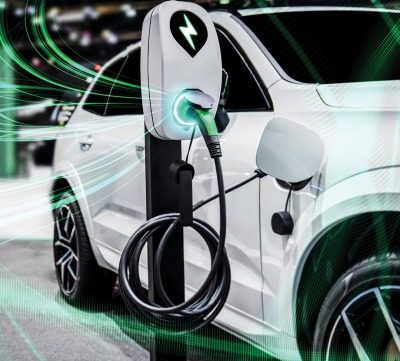
Editor’s Note: With the growing concerns about the effects of climate change and how it might impact future generations, choosing your next vehicle may have your thinking about going the electric car route.
Below is a look at some of the factors to consider if you’re contemplating having your next ride “go green.”
Electric vehicles (EVs) are widely touted as the vehicles of the future. Despite the growing availability of such cars in the present day, for many drivers EVs remain a novelty. That means buying an EV for the first time is a wholly new and unique experience.
Tesla EVs might be the most visible electric cars on the road today, but most major auto manufacturers, including Nissan and Chevrolet, produce EVs as well. That means auto buyers have more EV options now than ever before, which can make the process of buying such a car more exciting, but also more difficult. Narrowing down a growing number of options may not come easy to first-time EV buyers, who can keep these tips in mind as they begin this exciting journey.
Where can you power up?
The number of public charging stations is on the rise, but there’s still a lot of work to be done in this area. In fact, research from McKinsey & Company indicates that nearly half of consumers in the United States indicate that battery or charging issues are their foremost concerns about buying EVs.
The automotive resource Auto Trader notes that most EVs have enough battery range to cover more than the average daily commute in America. But drivers who hope to use their EVs as their everyday cars that take them to work and help them run errands and get around town should confirm there are enough public charging stations to make that possible.
Is there a subsidy available?
The Office of Energy Efficiency & Renewable Energy notes that all-electric and plug-in hybrid cars purchased new in or after 2010 may eligible for a federal income tax credit that could be as high as $7,500. State and/or local incentives also may apply. The Canadian Automobile Association reports that the Government of Canada offers point-of-sale incentives of as much as $5,000 for drivers who buy or lease an EV.
These subsidies can help bring the cost of EV ownership down by a significant amount and are worth exploring as drivers decide which electric car or truck to buy.
Can I charge up at home?
Homeowners who own single-family homes with a garage that can accommodate at least one vehicle can easily charge their EVs so long as they clear space in the garage where the car can be parked. Auto Trader notes that some garages may need to be upgraded with a level two charger, and that can be expensive.
Drivers who must park their EVs outdoors overnight should know that this, too, may require some additional funds for electric vehicle service equipment (EVSE).
Local building codes may govern the installation of such equipment, which is best performed by an electrician.
These are some additional costs of EV ownership that first-time buyers must consider and research before they switch to an electric car or truck.
EVs may become the new normal over the next several decades. But before that day arrives, first-time EV buyers must consider a host of factors as they shop around for an electric car or truck.
Article courtesy Metro Creative Graphics